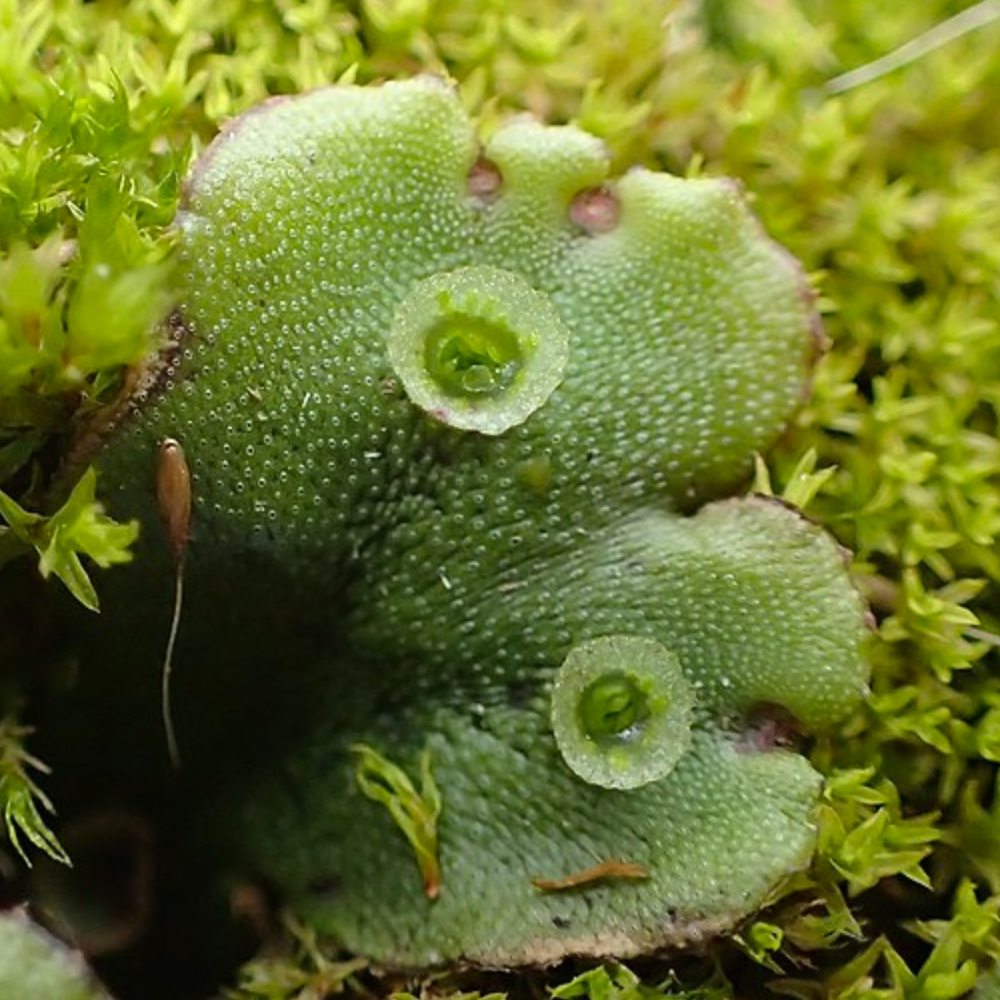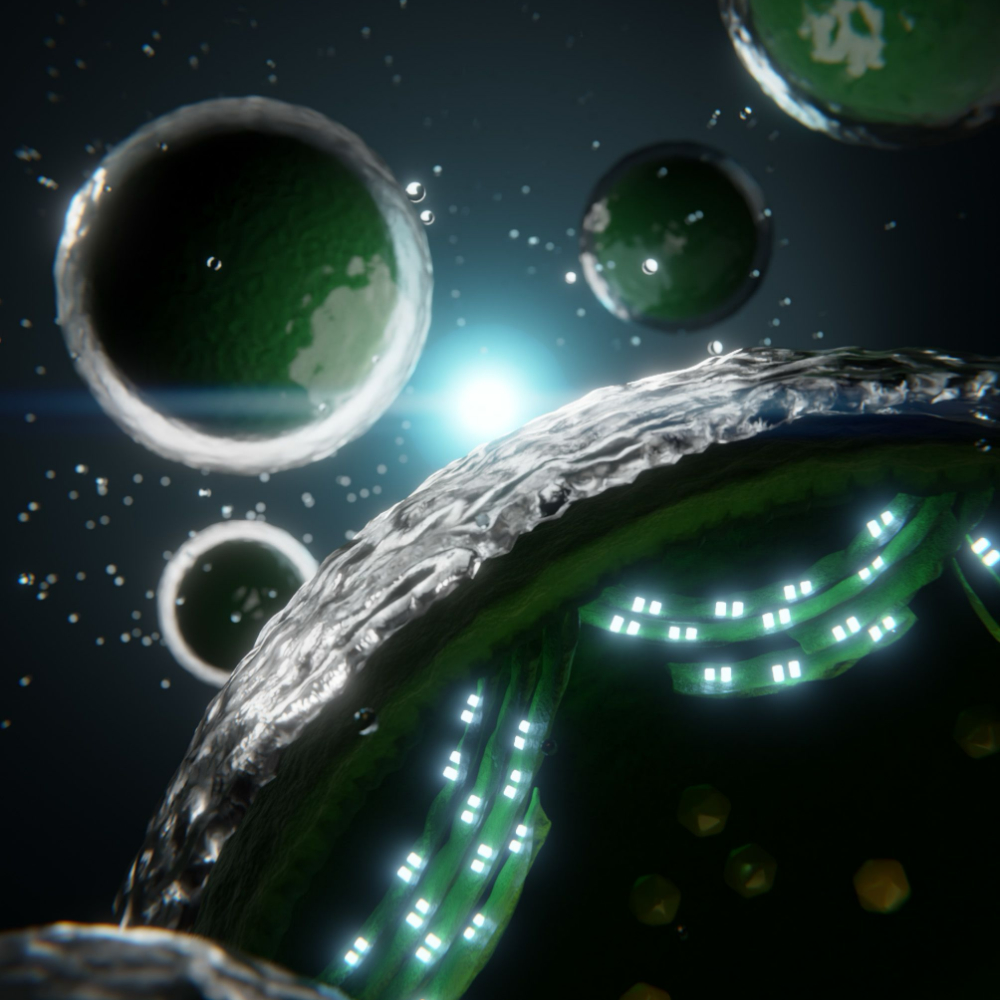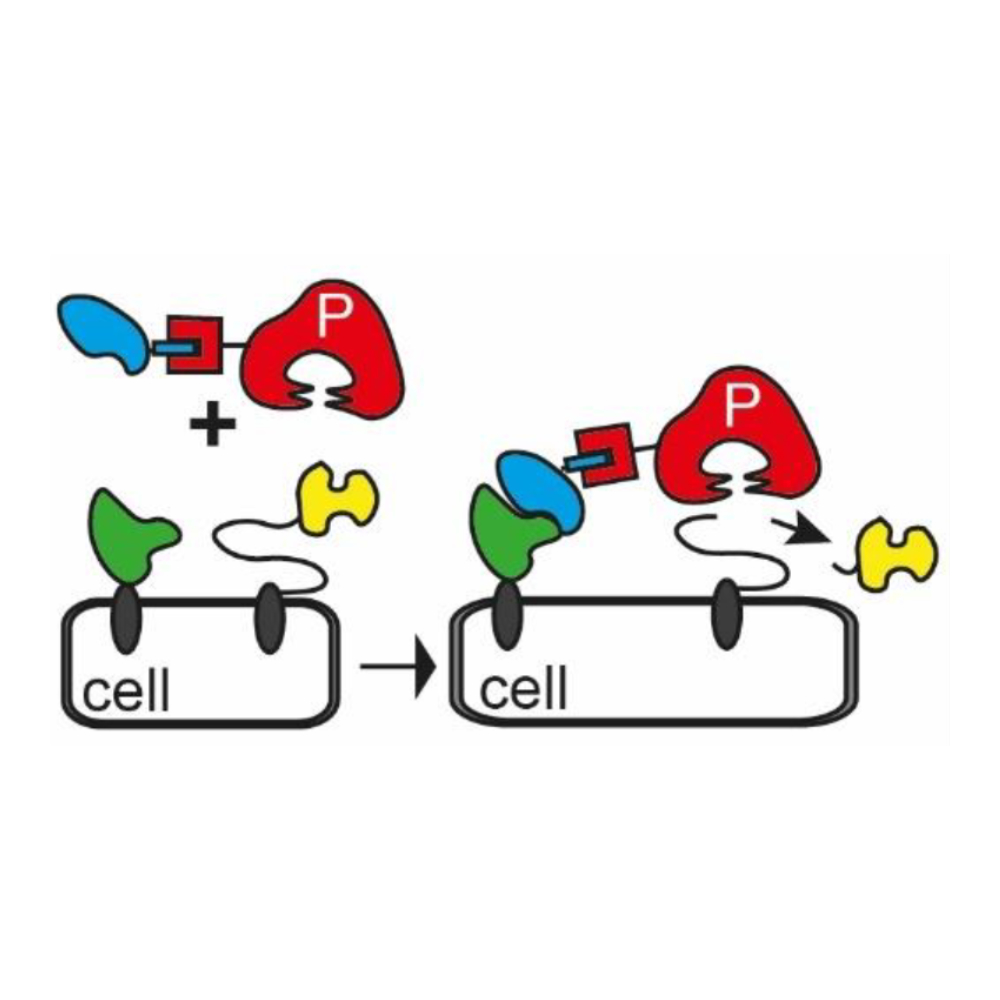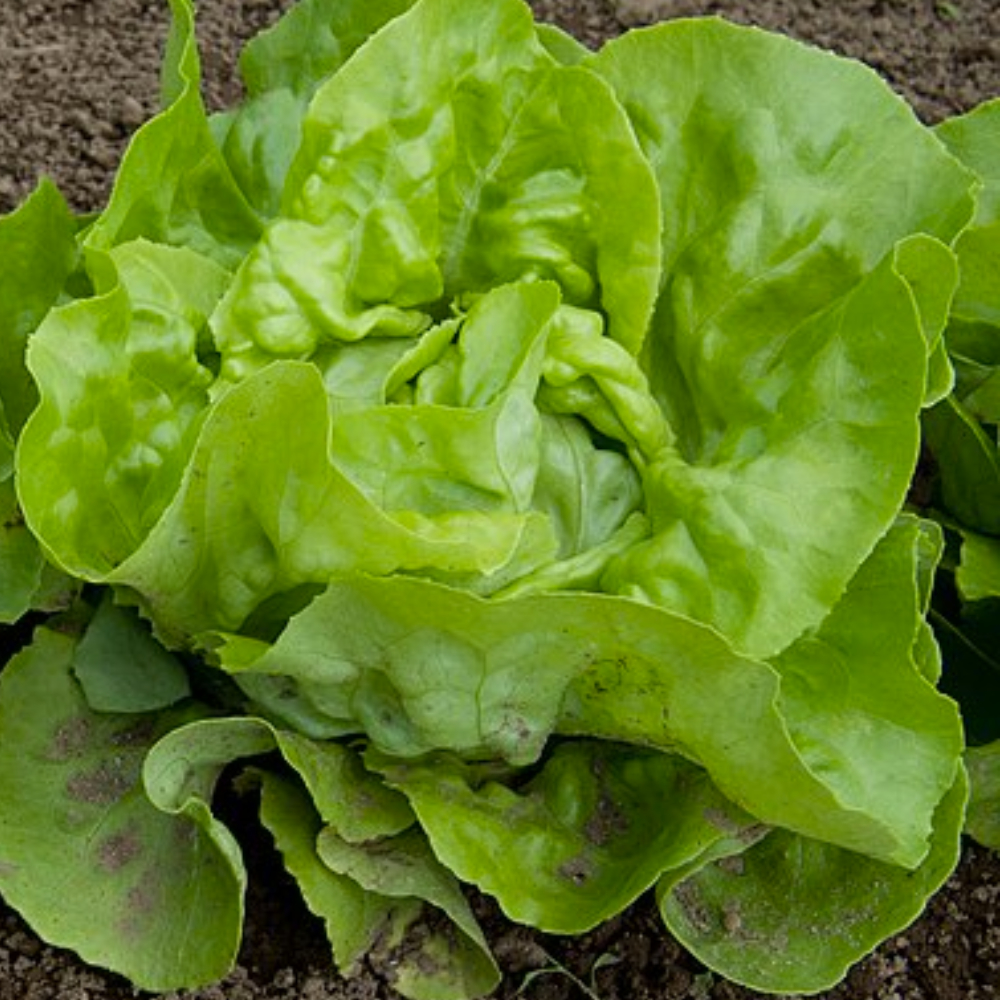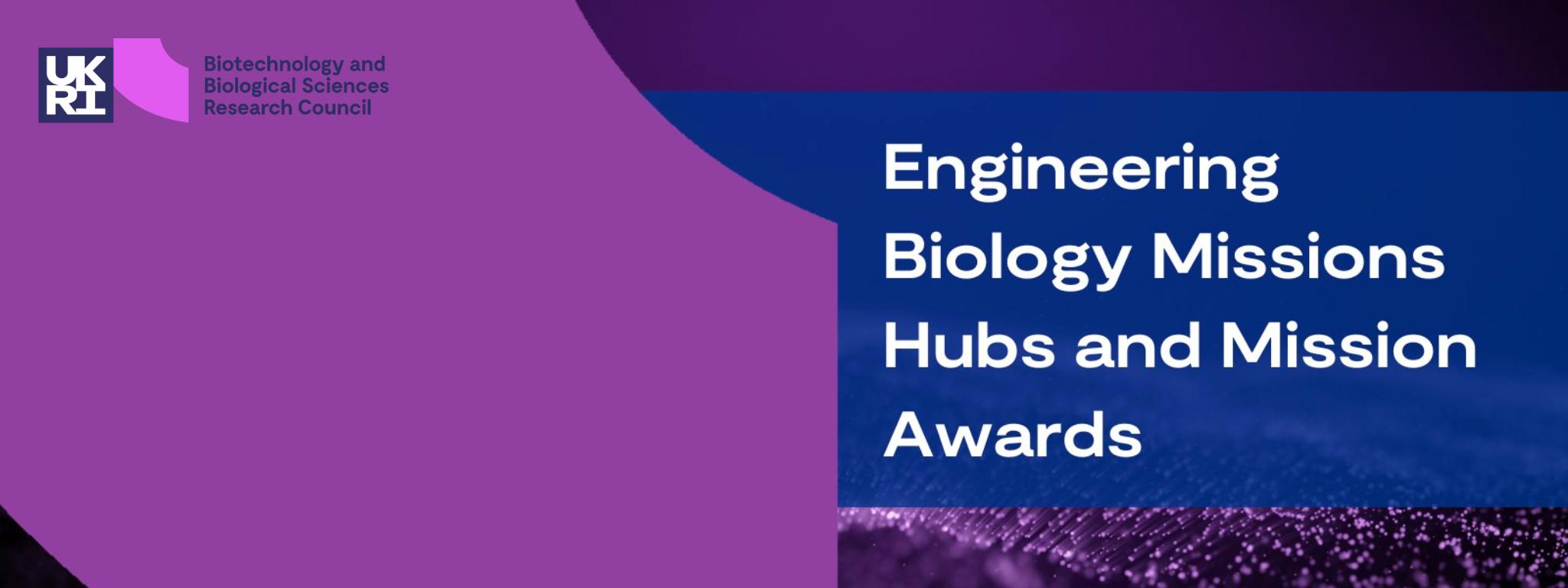
Submitted by Vicky Yee K Reid on Mon, 19/02/2024 - 15:59
Cambridge researchers led four successful bids for UKRI's new Engineering Biology Mission Awards, as well as collaborating on a Mission Hub Award. Their work will address challenges in the areas of clean growth, biomedicine and food systems.
In 2023, the Department for Science Innovation and Technology announced Engineering Biology as one of the five top priorities for UK research. Following this, UKRI released a £100m Fund for Engineering Biology Mission Hubs and Mission Awards. These awards aim to unlock the potential of engineering biology to address global challenges.
The six Mission Hubs will be funded for five years and receive up to £12m each. The twenty-two Mission Awards will be funded for two years and receive a share of £30 million funding. Researchers at the University of Cambridge were part of successful bids for one Mission Hub and five Mission Awards.
Engineering biology has the power to transform our health and environment, from developing life-saving medicines to protecting our environment and food supply and beyond. [...] With new Hubs and Mission Awards spread across the country, from Edinburgh to Portsmouth, we are supporting ambitious researchers and innovators around the UK in pioneering groundbreaking new solutions which can transform how we live our lives, while growing our economy.” Andrew Griffith, Science, Research and Innovation Minister
Mission Hub
Preventing Plastic Pollution with Engineering Biology (P3EB) Mission HubThe University of Portsmouth, Bangor University, University of Cambridge, University of Edinburgh, Imperial College London, University of Manchester, and University College LondonMission area theme: environmental solutions and clean growthLed by Prof. Andy Pickford at the University of Portsmouth’s Centre for Enzyme Innovation (CEI), the hub will focus on engineering enzymes for plastic recycling. The team at Cambridge will be headed by Prof. Florian Hollfelder in the Department of Biochemistry. You can find out more about the work of these researchers on their websites:Centre for Enzyme Innovation | Hollfelder Lab |
Mission Awards
OpenBioMAPS: shared tools for accelerating UK bio-manufacturingProf. Jim Haseloff (Department of Plant Sciences), Dr. Jenny Molloy (Department of Chemical Engineering and Biotechnology)Mission area theme: clean growthThe OpenBioMAPS project aims to develop open source tools for distributed biomanufacturing of enzymes and antibodies at low-cost using benchtop microbial and plant systems, with routes to scale-up for industrial plant-based production in chloroplasts.
You can find out more about the work of these researchers on their websites:Hasseloff Lab website | Molloy Lab website |
|
Engineering semi-artificial cells for new-to-nature photosynthesisDr. Jenny Zhang (Department of Chemistry), Prof. Luning Liu (University of Liverpool)Mission area theme: clean growthThis project aims to build semi-artificial photosynthetic cells from the bottom up using a new biohybrid approach, whereby synthetically enhanced organelles for light harvesting and CO2 fixation will be combined in protocells. Achieving this will deliver an efficient prototyping platform for engineering cells to perform enhanced or new-to-nature photosynthetic reactions.
You can find out more about the work of these researchers on their websites:Zhang Lab website | Liu Lab website |
|
MAST: Modular activator and silencer therapeuticsProf. Laura Itzhaki (Department of Pharmacology), Dr. Paul Miller (Department of Pharmacology), Prof. Mark Howarth (Department of Pharmacology), Dr Cathy Wilson (Department of Pharmacology), Prof. Florian Hollfelder (Department of Biochemistry), Dr. Pietro Sormanni (Department of Chemistry)Mission area theme: biomedicineMAST will develop next generation platforms and libraries of antibody, ligase and protease modules that will be made available to academic researchers and industry to accelerate the discovery and development of biologic therapeutics.
You can find out more about the work of these researchers on their websites:Itzhaki Lab website | Miller Lab website | Howarth Lab website | Wilson Lab website | Hollfelder Lab website | Sormanni Lab website |
|
Engineering gene regulatory networks to design disease-resistant cropsDr. Nicola Patron (Department of Plant Sciences), Prof. Katherine Denby (University of York), Prof. Richard Morris (John Innes Centre)Mission area theme: food systemsPlant-infecting fungi cause major crop losses to lettuce, the most valuable leafy vegetable grown in the UK. This mission will use computational modelling to guide the introduction of targeted genetic changes into a gene network regulating plant defences. This will help to produce resistant lettuce plants whilst minimising negative impacts on other important traits such as yield. Dr. Patron is also a collaborator on a second Mission Award lead by Prof. Anne Osbourn (John Innes Centre): EBioAct: Environmentally sustainable production of bioactive triterpenes. This mission will focus on the production of a group of molecules, some of which are in high demand within healthcare but have unsustainable supply chains, and others that have potential as pollinator-friendly alternatives to pesticides.
You can find out more about the work of these researchers on their websites:Patron Lab website | Denby Lab website | Morris Lab website |
References & Links
- New £100m fund will unlock the potential of engineering biology. UKRI (2024)
- Engineering Biology Missions Hubs and Mission Awards. UKRI (2023)
- National Vision for Engineering Biology. Department for Science, Innovation and Technology. (2023)
Image Credits
UKRI BBSRC; Amuzujoe; Krzysztof Ziarnek, Kenraiz; Tomi Baikie; Paul Miller; Dwight Sipler



